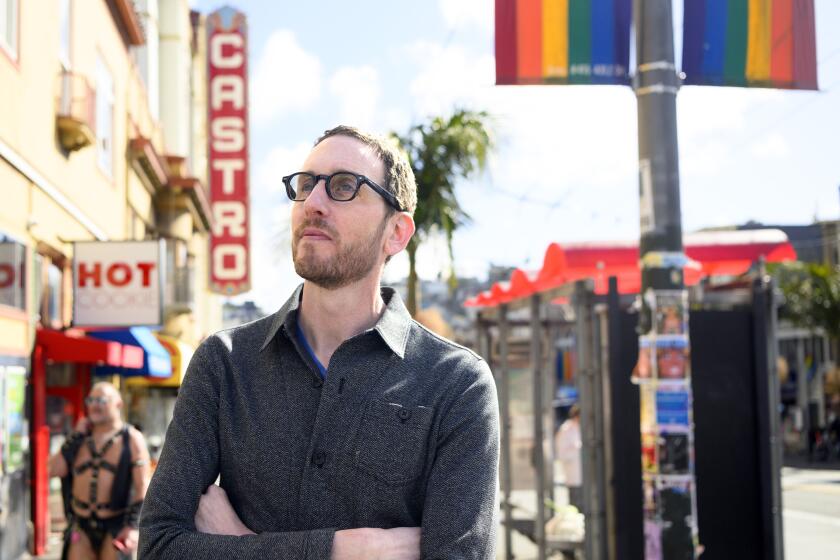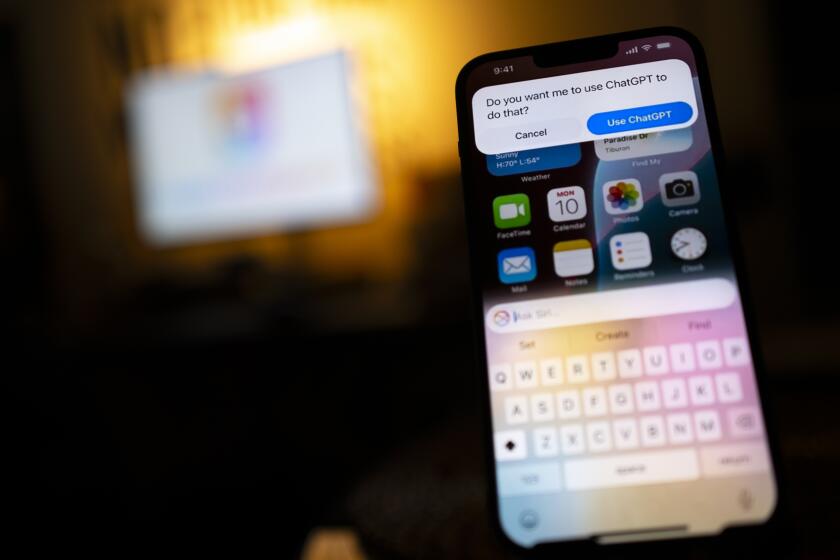Gov. Gavin Newsom vetoes AI safety bill opposed by Silicon Valley

- Newsom said the legislation could give the public a “false sense of security about controlling this fast-moving technology.”
- The bill received support from Elon Musk and prominent AI researchers, but was opposed by Meta, OpenAI and several Democratic congresspeople.
SAN FRANCISCO — Gov. Gavin Newsom on Sunday vetoed SB 1047, an artificial intelligence safety bill that would have established requirements for developers of advanced AI models to create protocols aimed at preventing catastrophes.
The bill, introduced by Sen. Scott Wiener (D-San Francisco), would have required developers to submit their safety plans to the state attorney general, who could hold them liable if AI models they directly control were to cause harm or imminent threats to public safety.
Additionally, the legislation would have required tech firms to be able to turn off the AI models they directly control if things went awry.
In his veto message, Newsom said the legislation could give the public a “false sense of security about controlling this fast-moving technology” because it targeted only large-scale and expensive AI models and not smaller, specialized systems.
“While well-intentioned, SB 1047 does not take into account whether an AI system is deployed in high-risk environments, involves critical decision-making or the use of sensitive data,” Newsom’s veto message stated. “Instead, the bill applies stringent standards to even the most basic functions — so long as a large system deploys it. I do not believe this is the best approach to protecting the public from real threats posed by the technology.”
The governor on Sunday also announced that his administration has enlisted leaders in the field to help the state create workable protections for the deployment of AI, focusing on analyzing its capabilities and risks. Newsom promised to continue working with the Legislature on the issue next session.
After clearing many hurdles in the state Legislature, Sen. Scott Wiener’s bill to require developers to put safeguards around their advanced AI models is one step closer to becoming law.
The bill was fiercely debated in Silicon Valley, receiving support from the Center for AI safety, SpaceX Chief Executive Elon Musk, the L.A. Times editorial board and prominent AI researchers, but was opposed by Facebook parent company Meta, ChatGPT maker OpenAI and several Democratic congresspeople including Rep. Nancy Pelosi (D-San Francisco).
Proponents said that it was important to set guardrails for the fast evolving AI technology to prevent future catastrophic harms, while opponents said that such measures could stifle innovation.
While it is possible for a bill to overcome the governor’s veto with a two-thirds vote from both houses, it is a major hurdle to overcome and would be unusual.
Wiener called Newsom’s veto a “missed opportunity” for California to lead on innovative tech regulation.
“This veto is a setback for everyone who believes in oversight of massive corporations that are making critical decisions that affect the safety and welfare of the public and the future of the planet,” Wiener said in a statement posted on social media.
Newsom said earlier this month at a fireside chat at Dreamforce, a San Francisco tech conference, that SB 1047 had generated outsized public discourse, adding it has “created its own weather system.”
He also spoke about the challenges in regulating AI.
“We’ve been working over the course of the last couple years to come up with some rational regulation that supports risk-taking, but not recklessness ...,” Newsom said.
Hollywood celebrities, including “Star Wars” star Mark Hamill, director J.J. Abrams and SAG-AFTRA President Fran Drescher sign a letter urging Gov. Gavin Newsom to sign AI safety bill SB 1047.
Supporters and opponents of SB 1047 pooled resources to express their views. More than 125 actors, producers, directors, music artists and other entertainment industry leaders, including prominent Democrats, signed a letter urging Newsom to sign the bill. Letter signers included actors Pedro Pascal and Alec Baldwin, as well as “Bridgerton” executive producer Shonda Rhimes.
“We want to continue to believe that you are a leader who will stand up for everyone’s wellbeing, not just for a few Silicon Valley giants,” the letter said.
Meanwhile, Chamber of Progress, which opposes the bill, released an AI-generated rock song with lyrics including, “veto the chains that hold us down.”
“It’s one of those bills that come across your desk infrequently, where it depends on who the last person on the call was in terms of how persuasive they are,” Newsom said in an interview with The Times earlier this month. “It’s divided so many folks.”
California lawmakers are trying to get ahead of AI in the workplace, but are already playing catchup














